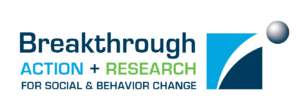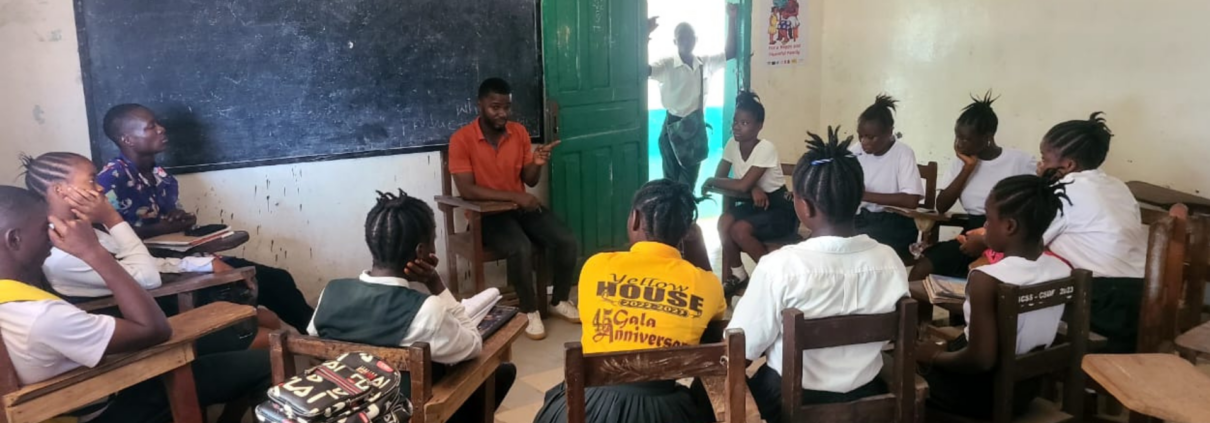Seeding Change to Realize a Brighter Future for Liberia’s Youths
Liberia has a youthful population. Sixty-three percent of its population is under 25 years old, and, of those, more than 32% are between the ages of 10 and 24.1 To unlock the full potential its population holds, keeping its youthful population healthy, educated, and engaged must be a priority.
But this is easier said than done. Over 40% of Liberia’s adolescents are out of school, as compared to a world average of 15.6%. Teenage pregnancy—a key contributor to high dropout rates—is far too common. Thirty percent of young women aged 15–19 are already mothers or pregnant with their first child. And by the age of 19, 55% of Liberian women have borne children.2 Rampant substance abuse is also driving school dropouts.
How does one go about overcoming these deeply intertwined challenges standing in the way of Liberia’s true potential? The answer may lie in unearthing the root cause of these challenges.
Addressing the Root Cause, Seeding Change
Dig deep enough, and one will find a common thread: many youth lack the knowledge, skills, and self-confidence to make life choices to improve their health and well-being.
To address this core concern, Breakthrough ACTION, USAID’s flagship social and behavior change project, set out to help young people in Liberia make decisions that enhance their health and well-being.
Building on the success of adolescent clubs established to improve young Liberians’ reproductive health knowledge and self-efficacy, Breakthrough ACTION worked closely with local schools, county health teams, and county offices across the country to establish school health clubs. Breakthrough ACTION also worked with the Ministry of Health and the Ministry of Education to develop an approved curriculum for the club meetings. Breakthrough ACTION then trained teachers to facilitate club meetings and mentor club members.
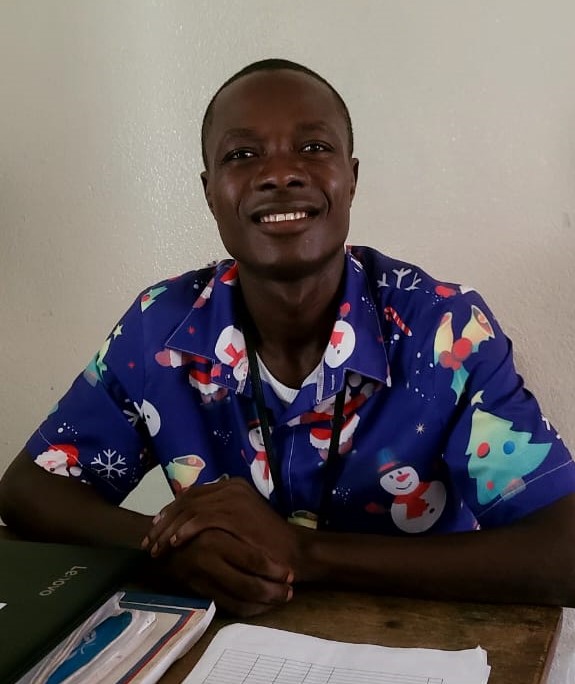
Sando V. Dawakai, a teacher and mentor of the Bomi Junior High Adolescent School Health Club. Photo by: Franklin Genue
Led by trained teachers and peer mentors, school health clubs provide students in grades 7–9 a safe space to learn and dialogue about health topics like teenage pregnancy, menstrual hygiene, family planning, self-esteem, confidence, and goal setting. Thus, students develop leadership skills, teamwork, and a sense of responsibility toward improving their health. Although the curriculum focuses on family planning and reproductive health, it also inspires students to stand up for themselves. Thus, with each dialogue conducted, a seed of change is sown.
Reaping the Fruits of Change
Today, there are 120 adolescent health clubs across 12 of Liberia’s 15 counties. The curriculum Breakthrough ACTION co-developed has since rolled out across 63 schools. In total, these clubs touch the lives of 1,542 (558 male and 984 female) young Liberians.
Club members report increased knowledge and greater confidence since their participation. “Through our activities in the school health club, I have learned and gained confidence and a lot of experiences,” says Marial K. Jeogbor, a member of Bomi Junior High School’s health club.
Having experienced the transformative benefits of these club meetings, many students commit to attending club meetings and sharing what they have learned with their friends. Tapping into their burgeoning self-confidence, some even communicate their knowledge and experiences to their parents, who often do not share their attitudes and beliefs on sensitive topics like reproductive health and the use of contraceptives.
“Once youth groups are provided the forum where they can speak on change factors, other youths are more likely to listen, believe, change their behavior, and influence change by making their voice heard, including their family,” says G. Archie Sesay, Deputy Chief of Party, Breakthrough ACTION Liberia.
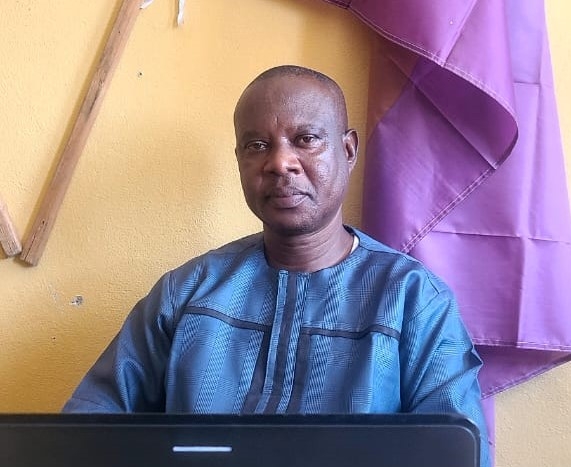
Samuel Y. Koenig, County Education Officer. Photo by: Franklin Genue
The students’ ability to apply their knowledge with confidence has not gone unnoticed by adult members of the school community.
Samuel Y. Koenig, County Education Officer, Bomi County, witnessed similar transformations among the students: “Through the implementation of health club activities, students are engaging their peers to discuss some of the harmful habits such as students carrying drugs to school and teenage pregnancy.”
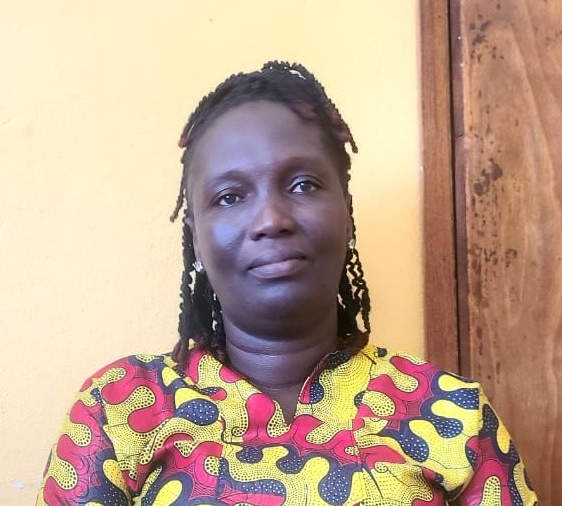
Edith W. Kemokai, District Education Officer, Photo by: Franklin Genue
Edith W. Kemokai, District Education Officer, in particular, noted the larger systemic impact of the students’ knowledge and confidence. “I remember vividly the time we went for the school board competition in Nimba County. Our students’ performance showed that they are now capable and can represent the school system, especially when it comes to health issues,” says Kemokai with pride.
Realizing a Brighter Future in Liberia
Each time a young person makes a life-enhancing choice, she fuels a positive transformation within herself. Each time she shares her knowledge and experience, she fuels a positive transformation in another person. In this way, this network of school health club members strengthens the collective ability of young people across Liberia to act on behalf of their and their peers’ health—and change the hearts and minds of the adults who care for them.
“Empowering youth is not just about imparting knowledge; it’s about igniting change from within. By nurturing informed, confident, and proactive leaders through school health clubs, we’re not just educating students, we’re catalyzing a ripple of health awareness and positive action that extends from classrooms to communities across Liberia.”
— Mardea T. Smith, Regional Field Manager of Western Region, Breakthrough ACTION Liberia
With youth leading change in their classrooms and beyond, the future of Liberia is surely growing brighter.
REFERENCES
- United Nations Population Fund Liberia. (n.d.). What we do: Adolescents and youth. UNFPA. https://liberia.unfpa.org/en/topics/adolescents-and-youth-4
- Liberia Institute of Statistics and Geo-Information Services, Ministry of Health [Liberia], and ICF. (2021). Liberia demographic and health survey 2019–20.DHS Program. https://dhsprogram.com/publications/publication-FR362-DHS-Final-Reports.cfm
Written by: Meei Child, Communications Officer, Breakthrough ACTION
